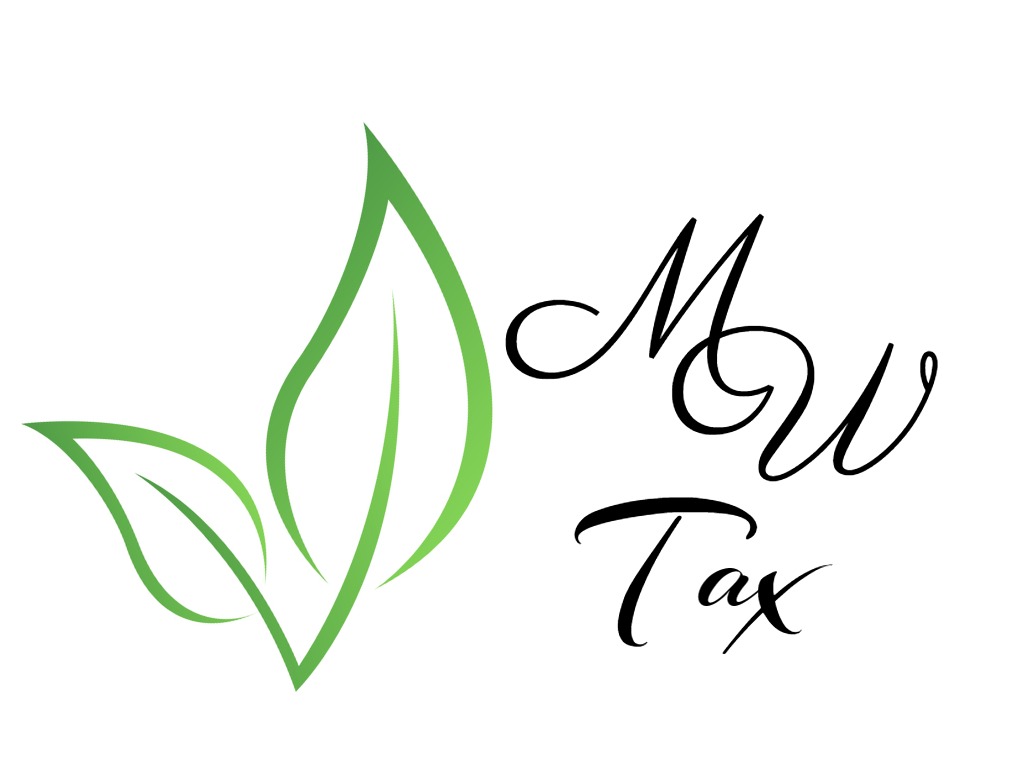Keeping up to date with the tax compliance legislation can at times be challenging and time consuming. There is a lot of information available online, through various website including HM Revenue & Customs however, its not always easy knowing what applies to your specific circumstance as well as when or how.
Happy To Help!
MW Tax offer an all-inclusive service designed to help you to prepare, submit and manage your tax affairs in a simple, understandable and cost effective way.
The aim is to supervise your entire compliance process and to do all of the hard work, whilst keeping you fully up to date on the progress and giving you complete piece of mind.
Self-assessment compliance service:
- Meeting with you either in person, via Skype or over the telephone to understand and discuss your personal tax affairs.
- Providing pro-active tax advice based on your current and future circumstances.
- Liaising with HM Revenue & Customs on your behalf regarding all tax related matters.
- Collating information from third parties (where relevant) on your behalf.
- Preparing and submitting your annual self-assessment tax return to HM Revenue & Customs by the deadline.
- Calculating and advising on balancing payments or tax repayments and, where applicable, any payments on account due by the deadlines.
- Responding to and dealing with queries that HM Revenue and Customs may raise on your tax return.
- Providing regular catch-up’s to update you on the progress of your tax return.
FAQ’s
What is self-assessment?
Self-assessment is a system or regime by which Her Majesty’s Revenue & Customs (HMRC) assesses and collects direct tax in the UK.
Should I complete a self-assessment tax return?
Most people who pay income tax in the UK do not have to complete self-assessment tax returns. These are primarily employees whose tax is deducted at source under the Pay as you Earn system (PAYE).
Self-assessment therefore applies to individuals such as the self-employed (sole traders) who earn in excess of £1,000, landlords that receive rental property income, individuals who receive income from savings, investments and dividends, foreign income, income from tips and commission and any other type of untaxed earnings.
When are self-assessment tax returns due?
The UK tax year starts on 6 April each year and ends on 5 April of the following year. Self assessment returns are due on the 31 January following the end of the tax year.
For individuals who wish to submit paper returns, the deadline is 31 October following the end of the tax year.
What are payments on account?
Payments on account are amounts that some individuals are required to pay towards their estimated tax liability for the current tax year.
They are calculated based on the previous tax years liability and are paid in two equal instalments of 50% each on the 31st January and the 31st July.
Please note that due to Covid-19, HMRC have announced that they will extend the deadline for the 31st July 2020 payment on account to 31st January 2021.
How do I get the ball rolling?
As a starting point, you would need to register with HMRC in order to receive your 10 digit Unique Tax Payer Reference number (UTR).
This number will enable you to submit your tax returns online by the 31st January deadline.
If you are completing your own tax return, you would need to create an online account with HMRC once you receive your UTR number.
Alternatively, if you need to help and support with getting your tax affairs complete and up to date then please get in touch for your free consultation.
